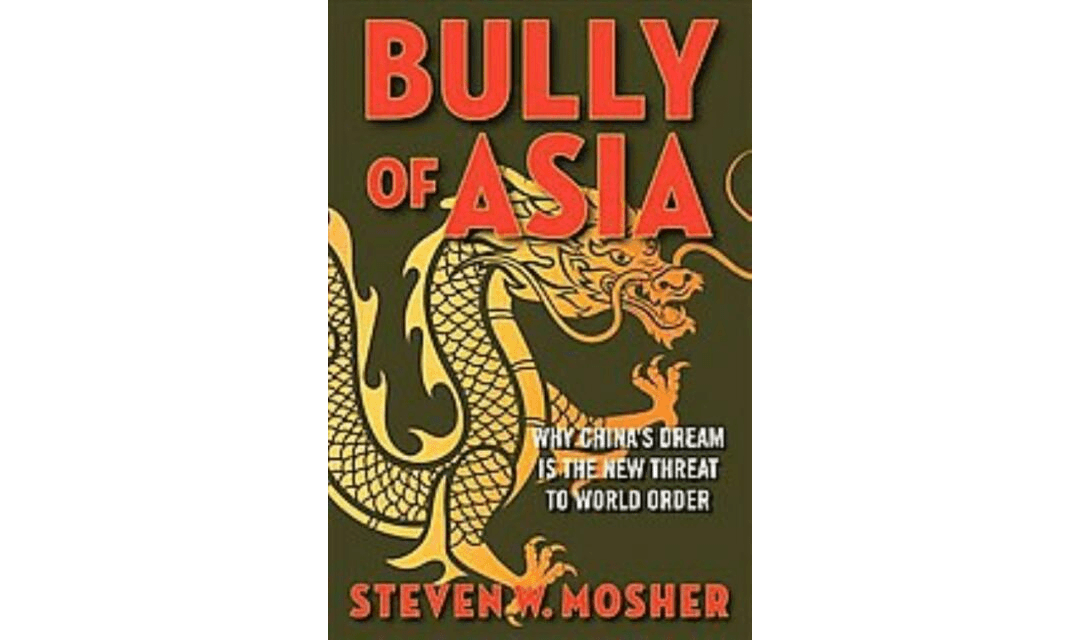When thinking about China, one can easily adopt the words of Winston Churchill when he called Russia “a riddle, wrapped in a mystery, inside an enigma.” China truly fits such a description. It heralds its ancient history while holding strongly to a current form of government that wished to eliminate that history. It claims to be the nation that embraces the technological advancements of the future, while simultaneously utilizing those advancements to maintain its historically tyrannical rule.
Steven Mosher has made the China “riddle, wrapped in a mystery, inside an enigma” easier to grasp with his book “Bully of Asia.” Mosher has a lifetime of study and experience with China; it started in the mid-1970s. He was actually invited by the Chinese regime in 1979 to be the first American social scientist to visit mainland China.






